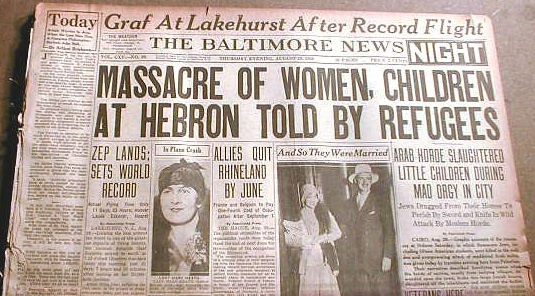Holy Terror:
The Rise of the Order of Assassins
 For almost two centuries, from 1090 until 1273, the Order of Assassins played a singular and sinister role in the Middle East. A small Shiite sect more properly known as the Nizari Ismailis, the Assassins were relatively few, geographically dispersed, and despised as heretics by both the Sunni Muslim majority and even by most other Shiites. By conventional standards, the Assassins should have been no match for the superior conventional military power of any of their many enemies. But near the end of the 11th century, the charismatic and ruthless Hasan-i Sabbah forged this small, persecuted sect into one of the most lethally effective terrorist groups the world has ever known. Even the most powerful and carefully guarded rulers of the age?the Abbasid and Fatimid caliphs, the sultans and viziers of the Great Seljuk and Ayyubid empires, the princes of the Crusader states, and emirs who ruled important cities like Damascus, Homs, and Mosul?lived in dread of the chameleonlike Assassin agents. Known as a fida'i (one who risks his life voluntarily, from the Arabic word for "sacrifice"; the plural in Arabic is fidaiyn, or the present-day fedayeen), such an agent might spend months or even years stalking and infiltrating an enemy of his faith before plunging a dagger into the victim's chest, often in a very public place. Perhaps most terrifying, the Assassins chose not only a close and personal manner of killing but performed it implacably, refusing to flee afterward and appearing to welcome their own swift death.
For almost two centuries, from 1090 until 1273, the Order of Assassins played a singular and sinister role in the Middle East. A small Shiite sect more properly known as the Nizari Ismailis, the Assassins were relatively few, geographically dispersed, and despised as heretics by both the Sunni Muslim majority and even by most other Shiites. By conventional standards, the Assassins should have been no match for the superior conventional military power of any of their many enemies. But near the end of the 11th century, the charismatic and ruthless Hasan-i Sabbah forged this small, persecuted sect into one of the most lethally effective terrorist groups the world has ever known. Even the most powerful and carefully guarded rulers of the age?the Abbasid and Fatimid caliphs, the sultans and viziers of the Great Seljuk and Ayyubid empires, the princes of the Crusader states, and emirs who ruled important cities like Damascus, Homs, and Mosul?lived in dread of the chameleonlike Assassin agents. Known as a fida'i (one who risks his life voluntarily, from the Arabic word for "sacrifice"; the plural in Arabic is fidaiyn, or the present-day fedayeen), such an agent might spend months or even years stalking and infiltrating an enemy of his faith before plunging a dagger into the victim's chest, often in a very public place. Perhaps most terrifying, the Assassins chose not only a close and personal manner of killing but performed it implacably, refusing to flee afterward and appearing to welcome their own swift death. Fanatical and disciplined, Hasan-i Sabbah and his successors were brilliant practitioners of asymmetric warfare. They developed a means of attack that negated most of their enemies' advantages while requiring the Assassins to hazard only a small number of their own fighters. As with any effective form of deterrence, the Assassins' targeted killings of hostile political, military, and religious leaders eventually produced a stable and lasting balance of power between them and their enemies, reducing the level of conflict and loss of life on both sides.
Fanatical and disciplined, Hasan-i Sabbah and his successors were brilliant practitioners of asymmetric warfare. They developed a means of attack that negated most of their enemies' advantages while requiring the Assassins to hazard only a small number of their own fighters. As with any effective form of deterrence, the Assassins' targeted killings of hostile political, military, and religious leaders eventually produced a stable and lasting balance of power between them and their enemies, reducing the level of conflict and loss of life on both sides.

Today, 750 years after the Mongols crushed them, the Assassins' pioneering use of suicide terrorism, of murdering systematically though at times indiscriminately to achieve political ends, finds chilling echoes in the tactics of terrorist groups like Hamas, Hezbollah, and al Qaeda. But for Hasan-i Sabbah, acts of terror were a legitimate means of self-defense precisely because they focused on high-ranking enemy military, political, and religious leaders who had taken hostile actions against the Ismaili community. There is little doubt he would have viewed the tactics employed by modern Middle Eastern terrorist groups-particularly their targeting of unarmed civilians-with incomprehension and disdain.





 ..Israeli Shekel Exchange
..Israeli Shekel Exchange
No comments:
Post a Comment